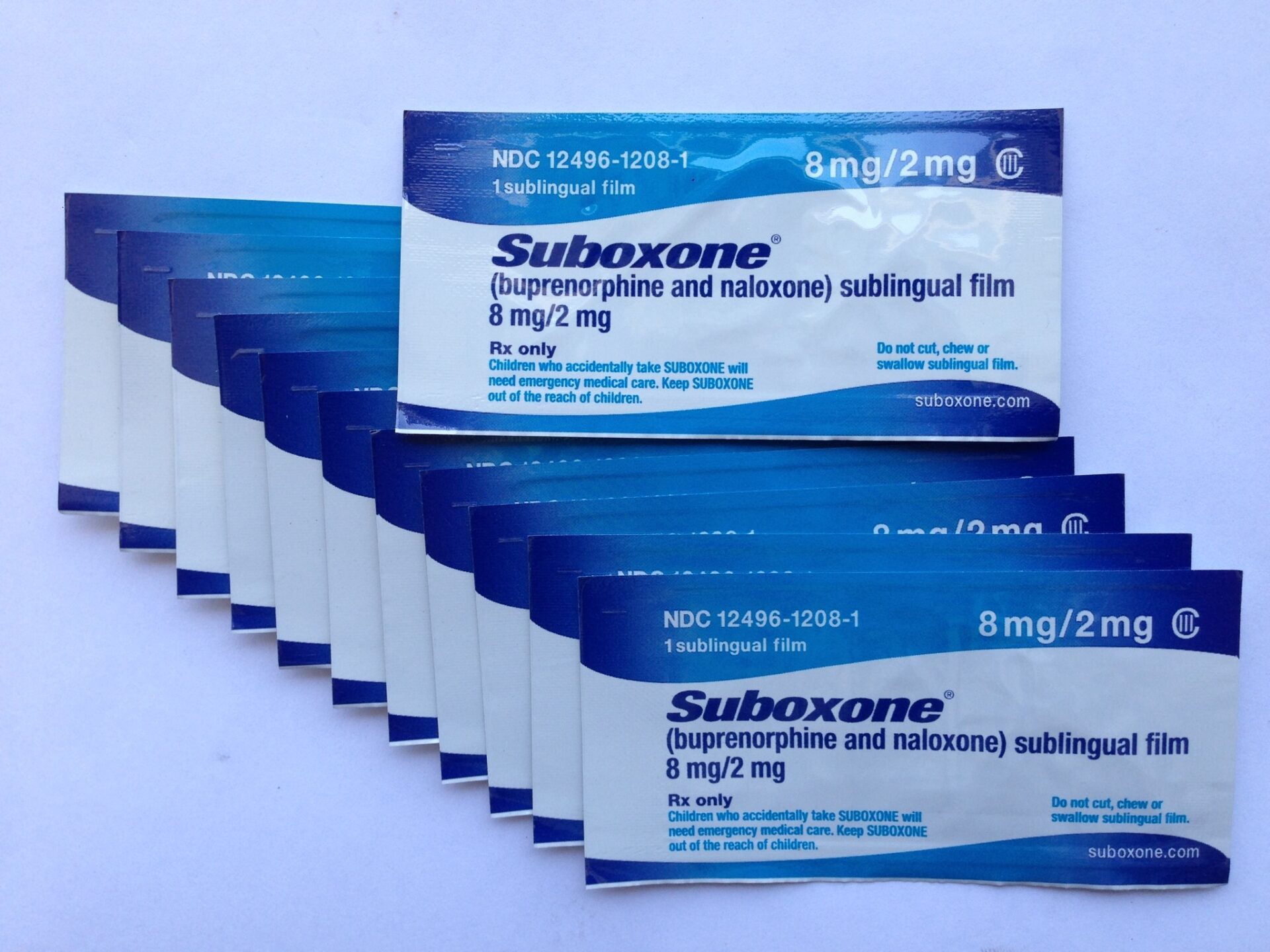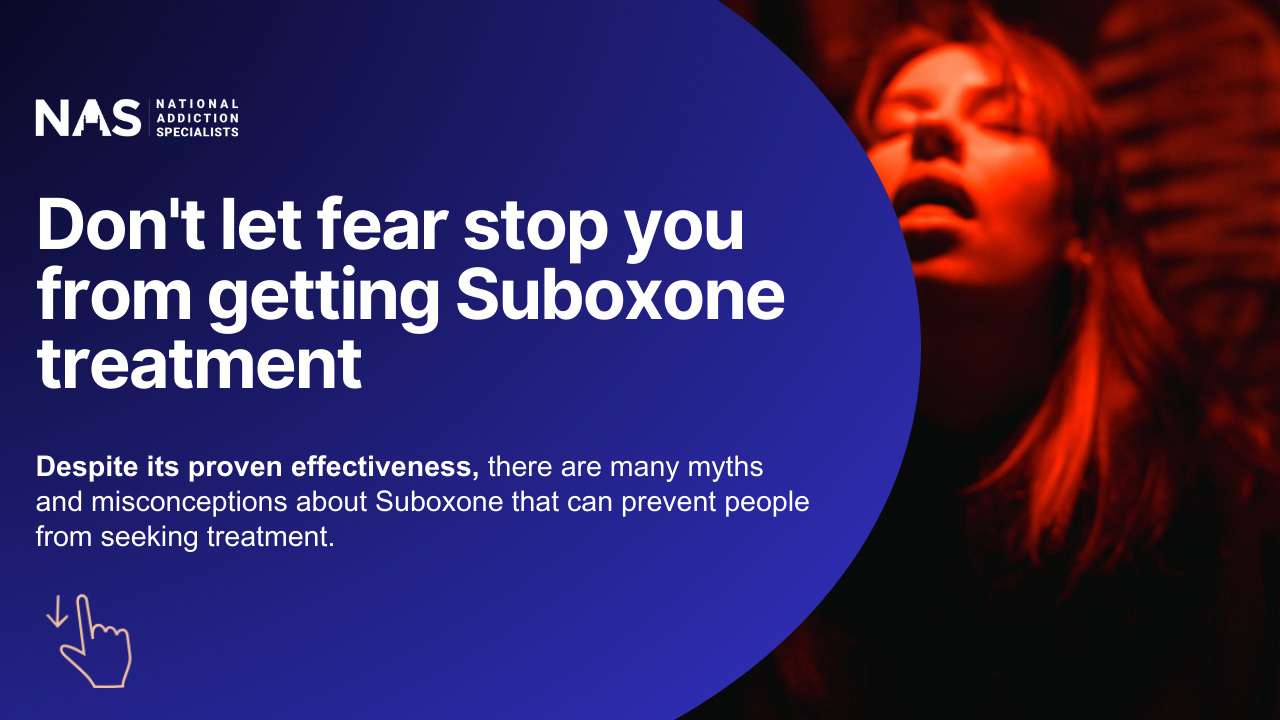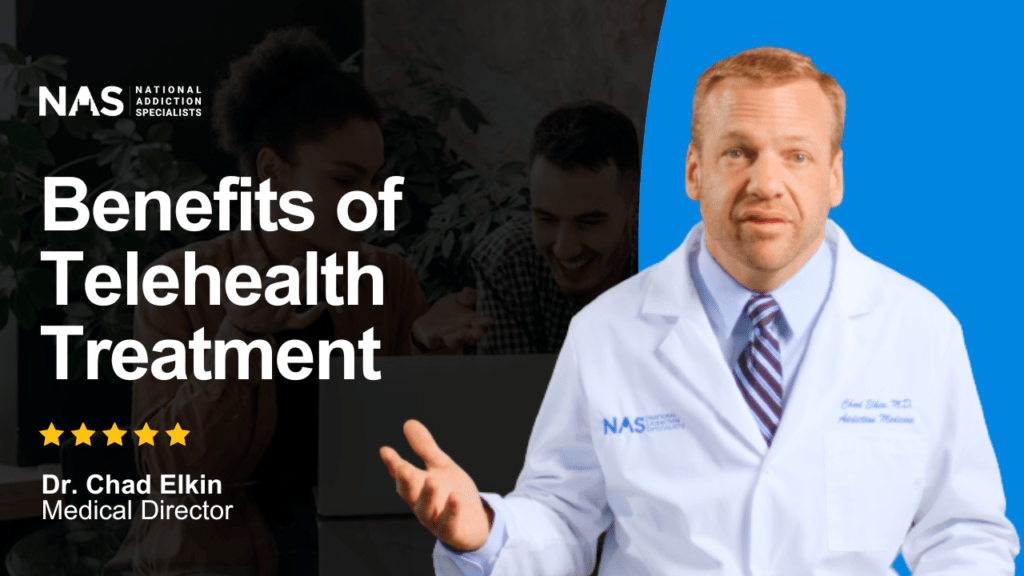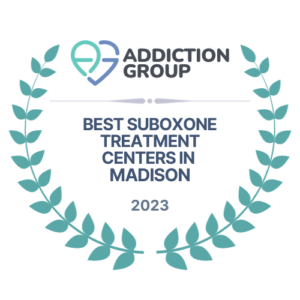Suboxone for opioid addiction
What Is Suboxone? 7 Things To Know Before The Treatment




7 Facts About Suboxone
1. Suboxone is a medication used to treat opioid addiction.
2. It contains both buprenorphine and naloxone.
3. The medicine works by reducing withdrawal symptoms and cravings.
4. Suboxone should only be used under medical supervision.
5. Before beginning Suboxone, it is critical to be honest with your healthcare physician about your substance use history.
6. Suboxone can cause nausea, vomiting, and headaches.
7. It is critical to stick to the dosing schedule and not abuse or misuse the prescription.
What is Suboxone and How does it work?
Suboxone is a medication used to treat opioid addiction. It's a combination of buprenorphine and naloxone, which work together to reduce withdrawal symptoms and cravings for opioids.
Suboxone is often used as part of a comprehensive addiction treatment program, which may include counseling, therapy, and support to help individuals manage their addiction and work toward recovery. It can be prescribed by healthcare providers who are qualified to treat opioid addiction.
How is Suboxone taken?
Suboxone (buprenorphine and naloxone) must be held under the tongue until completely dissolved. It is then absorbed from the tissue under the tongue over the next 30 minutes – 2 hours.
If you are prescribed Suboxone sublingual films or tablets, do not chew, swallow, or ingest them. Suboxone is designed to be dissolved under the tongue to achieve the desired therapeutic effects.
If swallowed, Suboxone is not well absorbed from the stomach and the desired benefit will not be experienced. Injecting Suboxone can lead to severe withdrawal symptoms and other health complications.


What to avoid when taking Suboxone?
Suboxone itself is a weak opioid (partial opioid agonist) and reverses actions of other opioids. Taking Suboxone with other opioids can cause withdrawal reactions. Do not take any other medication without discussing it with your physician first.
- Avoid taking Suboxone outside its prescribed guidelines, while attempting to override the Suboxone by taking more opioids could result in an opioid overdose.
- Avoid dissolving Suboxone. It may result in reduced effectiveness
- Avoid injecting Suboxone. Suboxone should not be injected (“shooted up”). Injecting Suboxone increases the danger of infection. Sharing needles increases the risk of HIV, hepatitis B, and hepatitis C, as well as other significant life-threatening illnesses and health problems.
- Avoid taking Buprenorphine and Naloxone film or tablets with other medications/substances for euphoric effect.
- Avoid drinking alcohol or taking any medicines that contain alcohol
- Avoid taking Suboxone with other opioid benzodiazepines such as Valium (Diazepam), Xanax (Alprazolam), Klonopin (Clonazepam), Ativan (Lorazepam), Librium (Chlordiazepoxide), Restoril (Temazepam), and Halcion (Triazolam). Lack of compliance can lead to drowsiness, serious and life-threatening problems.
- Do not stop taking Suboxone immediately without your doctors’ guidance. Stopping Suboxone suddenly can lead to withdrawal symptoms and increase the risk of relapse. Your healthcare provider can help provide you with a tapering plan, which involves gradually reducing the dose over a period of time.
7 Myths About Suboxone for the Treatment of Opioid Addiction
Today, we will explore some of the most common myths about Suboxone and debunk them with facts and evidence-based research.
1. Suboxone is addictive
Fact: Suboxone is not addictive when taken as prescribed under the supervision of a health care professional. It is classified as a schedule 3 controlled substance, which means it has a lower potential for abuse and dependence compared to other opioids.
In fact, Suboxone is often used as a maintenance medication for opioid addiction because it helps to stabilize brain chemistry and reduce cravings for opioids. It does not necessarily indicate addiction.
Suboxone can cause physical dependence, but it's less severe than heroin or oxycodone. If you intend to stop taking it, you need a healthcare provider. They'll help you develop a tapering plan that suits your needs and monitor your progress.
2. Suboxone is a "Quick Fix"
Fact: Suboxone is not a quick fix for opioid addiction. It is only one component of a comprehensive plan that should include counseling, support groups, and other evidence-based therapists. Suboxone can help to alleviate withdrawal symptoms and reduce cravings, which can make it easier for people to engage in these therapies and address the underlying causes of their addiction.
3. Suboxone is for weak people
Fact: Opioid addiction is a complex and chronic disease that affects people from all walks of life. It's not a matter of willpower or strength. Suboxone can be an effective treatment for anyone struggling with opioid addiction, regardless of their background or circumstances. It is a medication-assisted treatment that helps to manage the physical symptoms of withdrawal and cravings, which can make it easier for people to focus on their recovery.
4. Suboxone is expensive
Fact: Suboxone is inexpensive. And it's often covered by most insurances, including Medicaid and Medicare. Suboxone can be used for both short-term and long-term treatment of opioid addiction. Some patients may use Suboxone for a few weeks or months to manage the physical symptoms of withdrawal and stabilize their recovery.
5. Suboxone is only effective for short term use
Fact: Other patients may use Suboxone as a maintenance medication for years or even life, depending on their individual needs and circumstances. There is no one-size-fits-all approach to Suboxone treatment. Each patient's treatment plan should be tailored to their unique situation.
6. Suboxone is only effective for severe addiction
Fact: Suboxone can be effective for people with mild to severe addiction. It helps to manage the physical symptoms of withdrawal and cravings, which can make it easier for people to engage in counseling support groups and other evidence-based therapies.
Suboxone helps with harm reduction, including decreased incarceration, improved family interactions, positive effective employment, and decreased communicable diseases such as STDs and hepatitis C.
7. Suboxone is dangerous and can cause overdose
Fact: Suboxone is safe when taken as prescribed under the supervision of a healthcare professional. It is designed to be a partial opioid agonist, which means it activates the same receptors in the brain as other opioids but with less euphoria and a lower risk of overdose.
Suboxone has a "ceiling effect" where it will stop causing an effect on the body after a certain amount is taken, thus it is basically impossible for Suboxone alone to cause an overdose unless combined with other sedating medications such as Xanax.
Overcoming addiction is possible with the right attitude, and seeking treatment is a courageous step.
We believe in your potential to make significant improvements and will be there for you every step of the way.


Conclusion
In conclusion, Suboxone is a safe and effective medication for the treatment of opioid addiction. Debunking the myths associated with Suboxone may save someone from overdosing by seeking treatment.
By understanding the truth about Suboxone and its role in opioid addiction treatment. We can help to break down the barriers and promote recovery for those who need it most.
Getting Suboxone Treatment
If you or a loved one needs help overcoming opioid addiction, call us at (615) 994-1000 or fill-out our New Patient Packet for us to assess if Suboxone is right for your needs. National Addiction Specialists is a statewide licensed doctors that prescribe Suboxone.














Got Questions to Ask? We are here to assist you!











